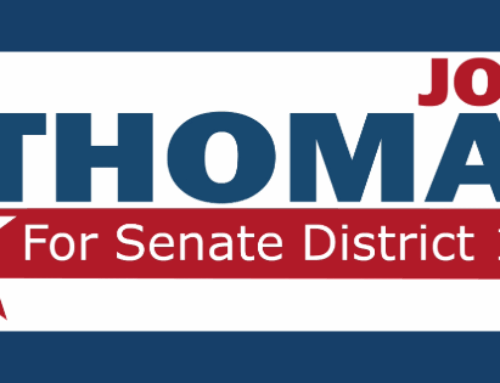I just received a very detailed report from Brian Reidl of the Heritage Foundation that details our out-of-control spending. I strongly encourage you to click the link to see the full report and see the visual graphs. It will make your head spin off your shoulders when you see it visually. It is an excellent report that provides you “the meat” of what is going on with our spending. Here is just a small excerpt:
Washington will spend $30,543 per household in 2010—$5,000 per household more than just two years ago. While some of this spending is a temporary result of the recession, President Obama’s latest budget would replace this temporary spending with permanent new programs. Consequently, by 2020—a time of assumed peace and prosperity—Washington would still spend nearly $36,000 per household, compared to $25,000 per household before this recession (adjusted for inflation).Since 2000, spending has grown across the board. Entitlement spending has reached a record 14 percent of GDP. Discretionary spending has expanded 79 percent faster than inflation as a result of large defense and domestic spending hikes. Other spending categories that have grown rapidly since 2000 include: anti-poverty programs (89 percent faster than inflation), K–12 education (219 percent), veterans spending (107 percent), and Medicare (81 percent). And despite all the pressing national priorities, lawmakers approved over 9,000 earmarks last year at a cost of $16.5 billion. Simply put, all parts of government are growing.
Consequently, Washington’s 2009 budget deficit is estimated at $1.5 trillion ($12,664 per household). While deficits naturally rise during recessions, one would expect them to eventually return back to the $100 billion to $400 billion range that prevailed before the recession. However, the President’s budget shows annual budget deficits averaging just under $1 trillion for the next decade—a level of borrowing that would cause the national debt to double. These deficits would not only raise interest rates, they would also nearly quadruple the net interest costs of the national debt over the next decade.





